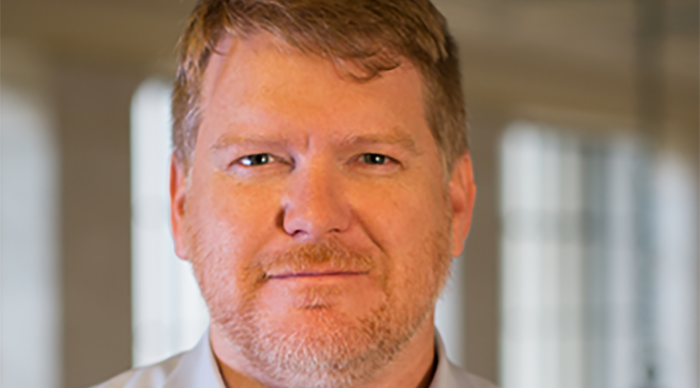
BME7900 Seminar Series - Darrell Irvine, PhD
Location
Weill Hall 226
Description
For our next speaker, we welcome Dr. Darrell Irvine from the Massachusetts Institute of Technology. He is the a Professor in the Departments of Biological Engineering, and Materials Science and Engineering.
Tracking the Fate of Antigens In Vivo to Engineer More Effective Vaccines for Difficult Pathogens
Abstract: The structural integrity of vaccine antigens is critical, as antigen degradation in vivo could eliminate neutralizing epitopes and create competing B cell responses against irrelevant breakdown products. Using FRET imaging and imaging zymography, we found that protease activity and antigen breakdown are spatially heterogeneous in lymph nodes. Following protein immunization, antigens are rapidly degraded in the subcapsular sinus, paracortex, and interfollicular regions of the tissue. By contrast, the follicles and follicular dendritic cell (FDC) networks exhibit low protease activity and antigen degradation rates. Immunization using “extended dosing” regimens or nanoparticle forms of immunogens that target antigens rapidly to FDCs led to germinal centers (GCs) where responses to intact antigen were highly dominant, while traditional bolus immunizations led to weaker GC responses where more GC B cells bound to breakdown products than intact antigen. Thus, spatially-compartmentalized antigen proteolysis impacts humoral immunity and can be exploited to enhance vaccine-induced production of antibody responses against key pathogen structural epitopes. These findings provide design rules to enhance the GC response and promote production of broadly neutralizing antibodies against difficult pathogens.
Bio: Dr. Irvine obtained an Honors Bachelor’s degree in Engineering Physics from the University of Pittsburgh. As a National Science Foundation graduate fellow he then studied Polymer Science at the Massachusetts Institute of Technology. Following completion of his Ph.D., he was a Damon Runyon-Walter Winchell postdoctoral fellow in immunology at the Beckman Center for Molecular and Genetic Medicine. He is presently a Professor at the Massachusetts Institute of Technology and an Investigator of the Howard Hughes Medical Institute. He is also an Associate Director for the Koch Institute for Integrative Cancer Research at MIT and serves on the steering committee of the Ragon Institute of MGH, MIT, and Harvard.

